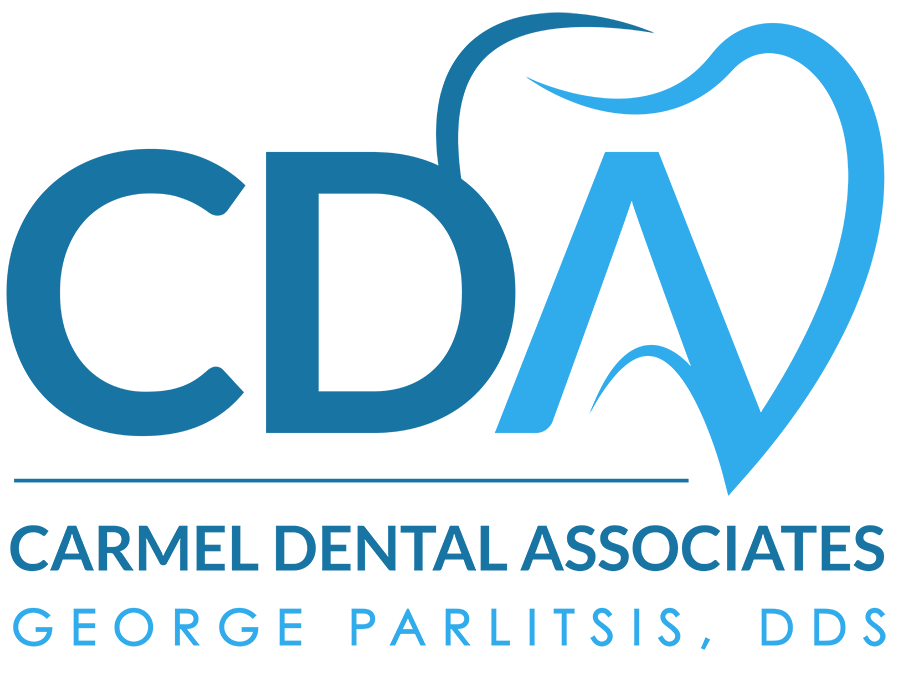Dental implants are today's preferred method of tooth restoration. Implants are sturdy, long-lasting, look natural, and provide excellent chewing ability.
Many patients share concerns about how long it will take their new implants to heal. After your dentist installs your final restoration, such as a crown, bridge, or denture, it typically takes about 7 to 10 days before you can eat normally. The implants will gradually integrate with your jawbone over a 6- to 9-month period.
How Dental Implants Work
A dental implant consists of three parts: an implant anchor, an abutment, and a restoration. Your dentist surgically inserts the anchor and allows it to bond with the jawbone over time. The abutment protects the top of the anchor and provides an attachment point for the restoration. Finally, a new crown, bridge, or denture completes the process.
Types of Dental Implants
- Single-Tooth: Each implant replaces one tooth. These implants are ideal for patients missing a small number of teeth or those that are not adjacent.
- Implant-Supported Bridge: This implant type can replace a few teeth at a time. Unlike with traditional bridges, you do not need healthy teeth on either side of the gap. Dental implants provide support for the artificial teeth in the middle.
- Implant-Supported Denture: Your dentist can replace up to an entire arch of teeth at once using four to six implant anchors.
The Dental Implant Process
Step 1: Consultation
Your dentist will explain the process of getting implants and ensure that you understand each step. They will take digital X-rays to assess your jawbone health and discover any hidden issues that could interfere with the implant process. If you choose to proceed, they will schedule surgery.
Step 2: Surgery
Many patients feel uncertain about the prospect of dental implant surgery. The process is easier and more comfortable than many patients expect.
The dentist makes a small opening in the gum and jawbone to insert the anchor and then secures the gum tissue over the site. After a healing period, the next step can proceed.
Step 3: Abutment Placement
The dentist accesses the top of the implant anchor and installs a tiny stainless steel cap called an abutment. The abutment protects the anchor and serves as an attachment point for the restoration.
Step 4: Final Restoration
The gum heals around the abutment, and when this process is complete, the doctor can install your crown, bridge, or denture.
Step 5: Healing
The implants heal enough to allow you to eat a regular diet within 7 to 10 days. However, the healing process within the jawbone takes longer as the bone bonds with the anchor in a process called osseointegration.
Helping Your Dental Implants Heal Properly
After implant surgery, take the following steps to speed healing:
- Rest for one to two days with your head elevated.
- Practice excellent oral hygiene as directed.
- Stay with a soft diet for the first few days.
- Avoid hot, spicy, or crunchy foods until your gums have healed.
- Do not smoke or use tobacco because tobacco interferes with healing and blood flow.
- Apply cold compresses to the outside of your cheek.
- Do not use a straw until your blood clot has healed.
Follow your dentist's post-operative instructions for more details.
Frequently Asked Questions About Dental Implants
What are the benefits of dental implants?
Dental implants have many impressive benefits, including the following:
- Excellent chewing ability
- Natural, attractive appearance
- Better self-image and quality of life
- Protect your oral health by eliminating gaps between teeth and keeping the jawbone strong
- Retain the natural shape of your face without the sagging associated with missing teeth
Who is a good candidate for dental implants?
- Healthy gums: Absence of untreated gum disease
- Robust jawbone: If the jawbone lacks strength, an oral surgeon can perform a dental bone graft to rebuild it before implant surgery.
- Missing teeth: Patients with missing or damaged teeth are often excellent candidates.
- Oral hygiene: Ability to practice excellent oral hygiene to prevent implant failure
- Non-smokers or willing to quit: Tobacco use hinders healing and could lead to implant failure.
Call Carmel Dental Associates
We would be glad to answer your questions about the dental implant process and schedule a consultation so you can learn more. Please call our Carmel, NY, office at 845-225-2224 to book your appointment today.

